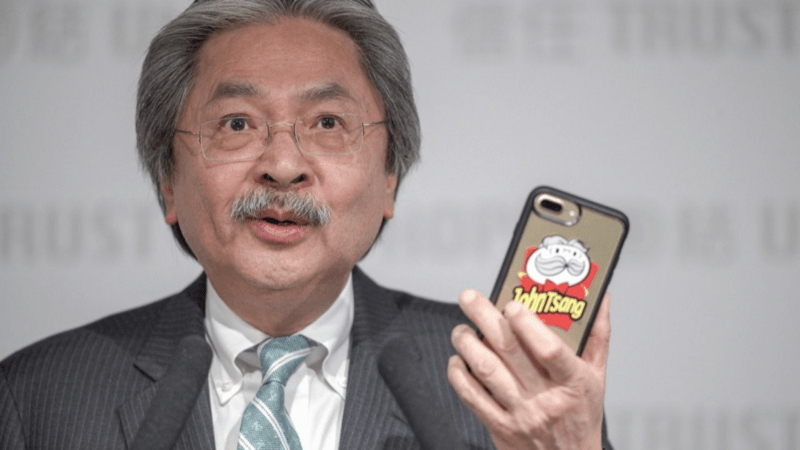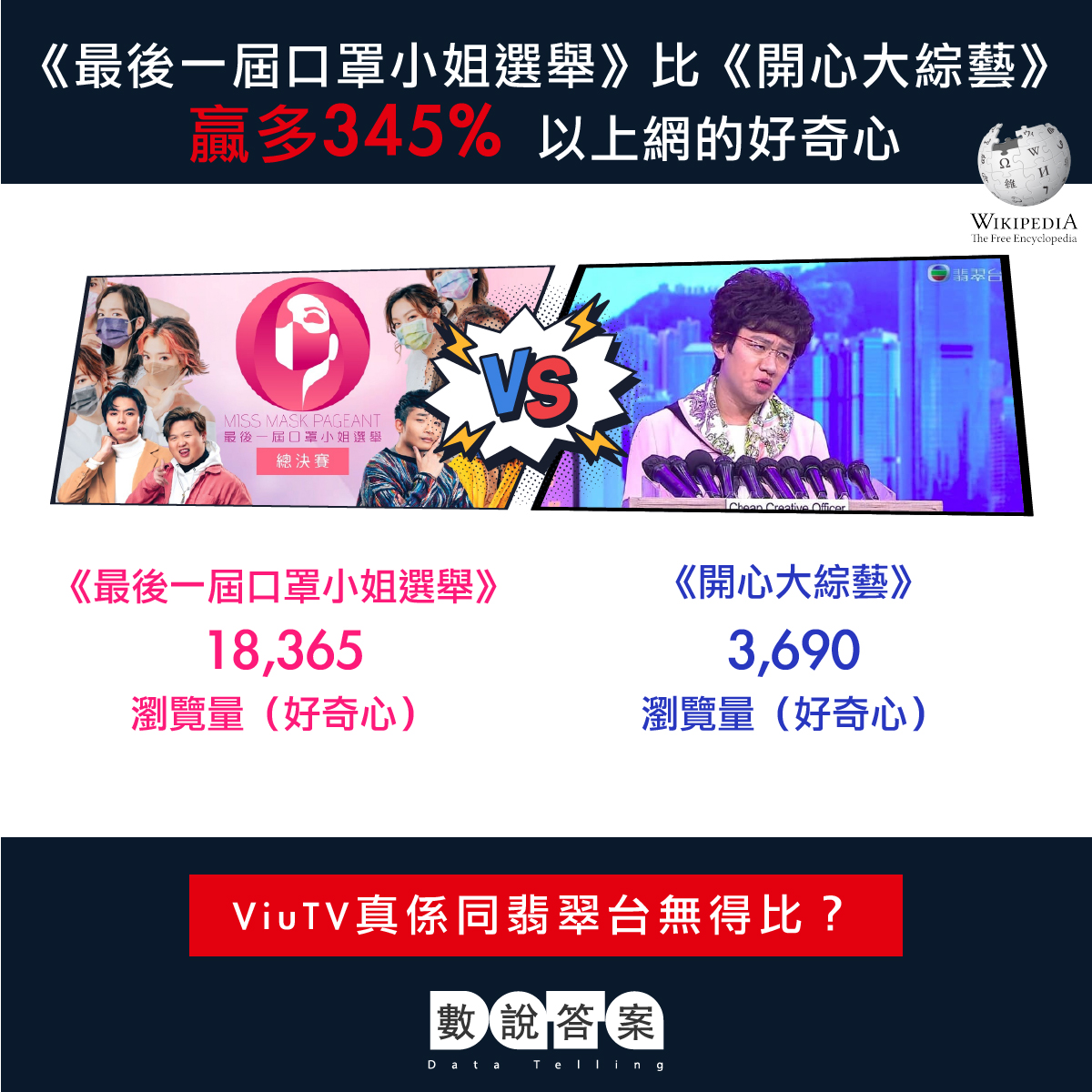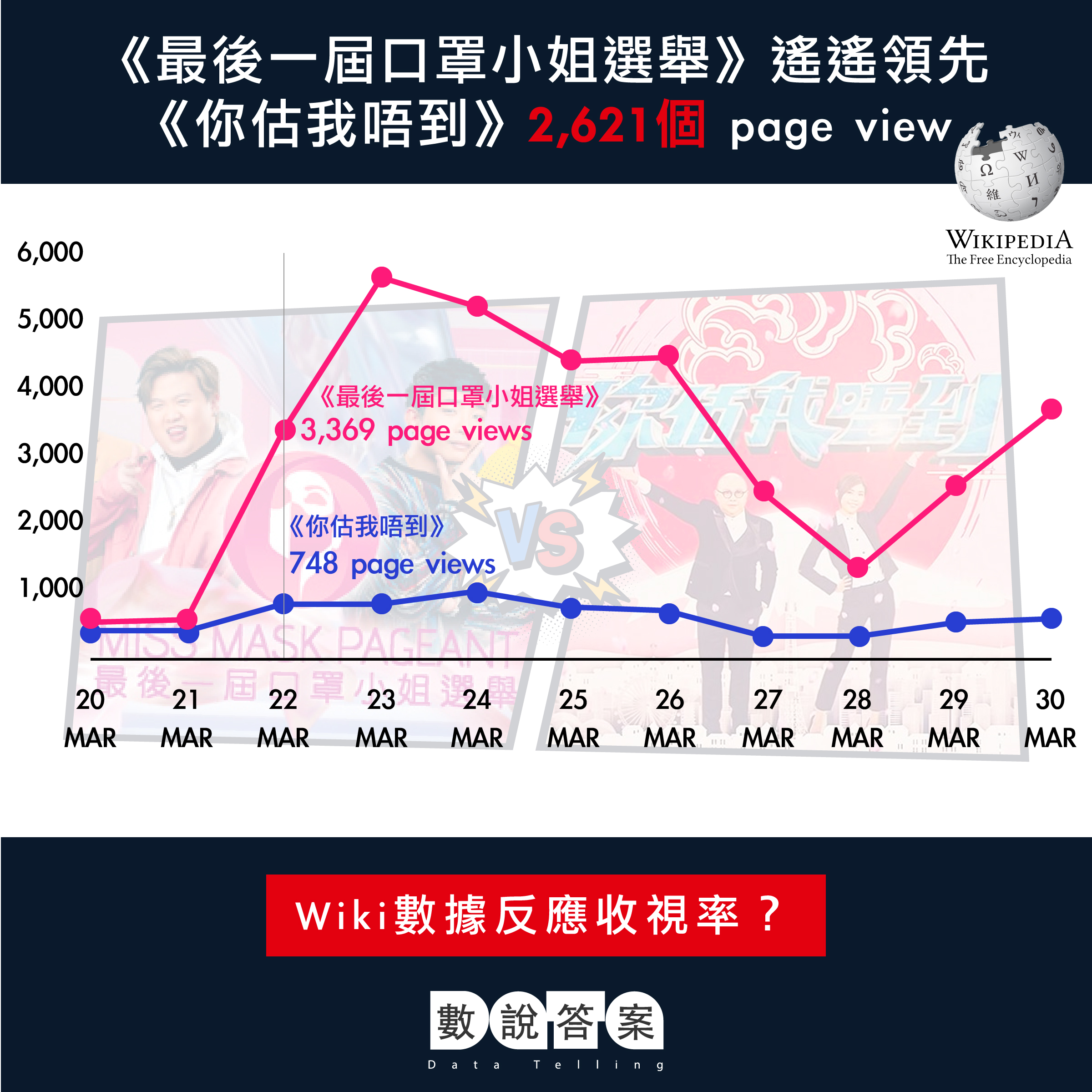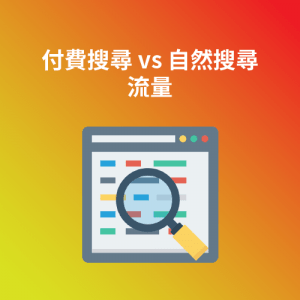We are all too familiar with name-calling during recess time in the playground. They were usually based on appearance or distinctive traits. The act was considered juvenile and such behavior was never condoned but the nickname usually lingers for years, if not for life. No amount of discouragement could reverse the impact it has made. Name-calling maybe frowned upon in the playground, however, it is often used as a tool in politics. Making a political catchphrase out of an opponent’s personality, style, background or demeanor is a common phenomenon in politics. It is essentially the same concept prevalent in a school playground but applied to a different playing field with a social agenda.
When you recall famous politicians, it’s usually their nicknames that first comes to mind; Margaret Thatcher as the Iron Lady, Kim Jung Un as Rocket Man, Theresa May as Maybot, Angela Merkel as Mutti, it almost reads like a cast list from a political superhero movie. Our brains are just wired to recall rhyme and humor more readily rather than a litany of political achievements. It goes to show that we cannot deny the power of nicknames. Its influence is more widespread than ever, since the dawn of social media.
The most recent presidential campaigns in America relied heavily on political catchphrases and nicknames. Hillary Clinton’s Democratic opponent, Bernie Sanders, became an internet sensation with the slogan “Feel the Bern’. What started off as an Internet hashtag created by a group of Bernie Sanders supporters quickly snowballed into a tagline that was well suited for his campaign. Media campaigns and support groups rode on the public’s sentiment that supported Sanders’ progressive ideals which culminated into a political movement. Donald Trump was notorious for name calling; “Lyin’ Ted”, “Crooked Hillary”. In fact, the nickname “Lyin’ Ted” fueled the public’s skepticism towards his ethics and morals and eventually brought Ted Cruz down. Positive nicknames are quickly forgotten. It’s the vicious ones that people remember and the effects can be detrimental.
Even without fierce political campaigning, it is inevitable for politicians to have all sorts of nicknames, stigmatization and labelling. Names like “broom head”, “bowtie Tsang”, “689” and “Uncle Chips” are widely used by Hong Kongers to refer to the city’s politicians. It allows these people with power to be more relatable. It gives these government officials a satirical element that adds color to political discourse. Hong Kong’s former leader Donald Tsang ended his term in disgrace after accepting favors from tycoons. His nickname was widely used in the media to highlight the public’s contempt for his actions.

Although rare, there are times where positive name calling can have a lasting effect. China’s leader Xi Jinping’s nickname “Xi Da Da” was intended to bolster his image. The moniker is now banned among media outlets so as to downplay his image as “a populist hero”. The effects of a good nickname are hard to shake off.
Regardless of culture, name-calling in politics is a universal phenomenon. It may not be clear whether the nickname is earned or not, but what is clear is that it usually sticks around for a while and the impact is profound.
Try to find out more politicians’ nicknames?


















